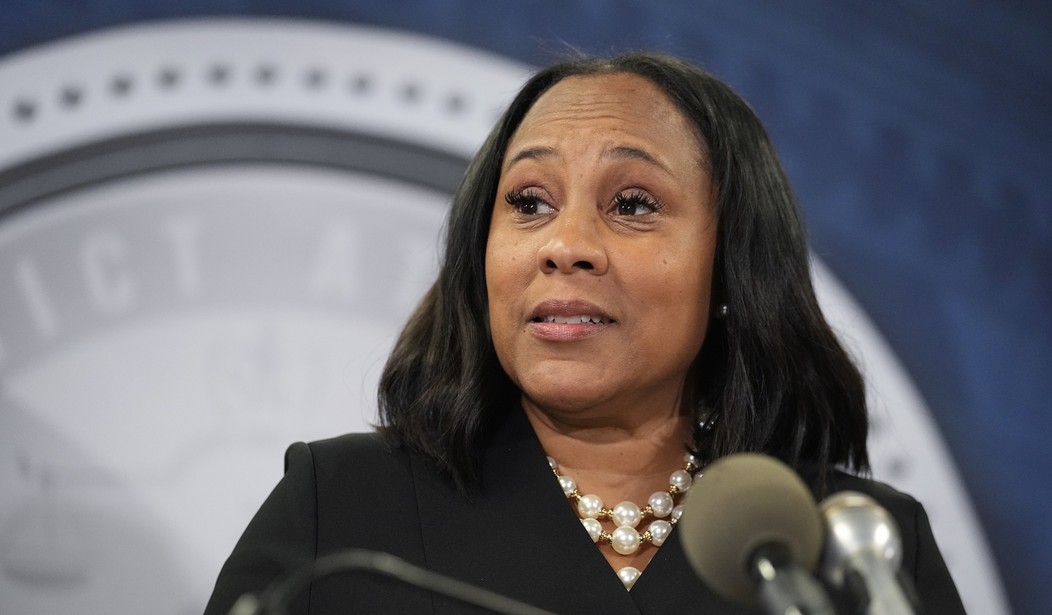Fulton County Superior Court Judge Scott McAfee issued a two-page order Monday that states the names of the jurors in Trump’s trial will be kept private. It’s a matter of safety.
Former President Trump is charged with 13 criminal counts in the Georgia racketeering case. Trump and 18 co-defendants are accused of illegally conspiring to overturn the 2020 presidential election victory of Joe Biden. All of the defendants have pleaded not guilty.
Fulton County D.A. Fani Willis filed a motion on September 6 which sought to keep the jurors’ identities private. The reason was concern about the safety of the jurors in such high-profile proceedings. She cited fear that the right to a fair trial would “be endangered if the identities of the jurors become known to the public” during the trial. The judge’s order also prohibits parties from disclosing their addresses, phone numbers, and identifying employment information.
Judge McAfee’s order states that the jurors “shall be identified by number only in court filings or in open court during the pendency of trial.” Willis didn’t get all that she asked for in her motion, though.
Willis had requested that McAfee issue a court order prohibiting any defendants in the case, members of the press, and anyone else present from being allowed to videotape, photograph, draw, or recreate or publish images of both selected and prospective jurors inside and outside the courtroom.
McAfee only partially granted Willis’ motion, declining to issue a wholesale ban on capturing images of jurors. McAfee’s order states that videotaping or photographing the jurors will not be allowed “in any manner that would violate” Rule 22, the court’s standing order on use of electronic devices in courtrooms and recording judicial proceedings.
Audio recording will be allowed when the jury’s foreperson reads the verdict.
The motion filed by Willis likely came about because of the violent threats made against officials in Fulton County. The threats prompted an FBI investigation.
Trump supporters posted the names and addresses of members of the grand jury that voted to indict Trump online in August.
At the time that Willis filed the motion, she wrote, “It is clearly foreseeable that trial jurors will likely be doxed should their names be made public. If that were to happen, the effect on jurors’ ability to decide the issues before them impartially and without outside influence would undoubtedly be placed in jeopardy.”
In an attached affidavit, Atlanta Police Chief Darin Schierbaum wrote that the grand jurors were subject to harassment and threats after their home addresses, phone numbers and vehicle information were posted on a website operated by a Russian company.
At that point, Schierbaum wrote that local law enforcement enacted an operational plan to protect grand jurors, which he says is now straining agency resources. He did not detail what that security entails.
Georgia law requires that indictments list the names of grand jurors. The police chief’s affidavit notes that law enforcement took extra precautions to protect the safety of grand jurors after they had been doxed. Doxing is a term used when someone’s private information is published online without their permission. It is meant to target them to shame or embarrass them. An investigator found that Willis and her family’s personal information had been posted on he same website as that of the grand jurors.
A hearing scheduled for today on Willis’ motion was canceled in McAfee’s ruling. It is no longer necessary.








Join the conversation as a VIP Member